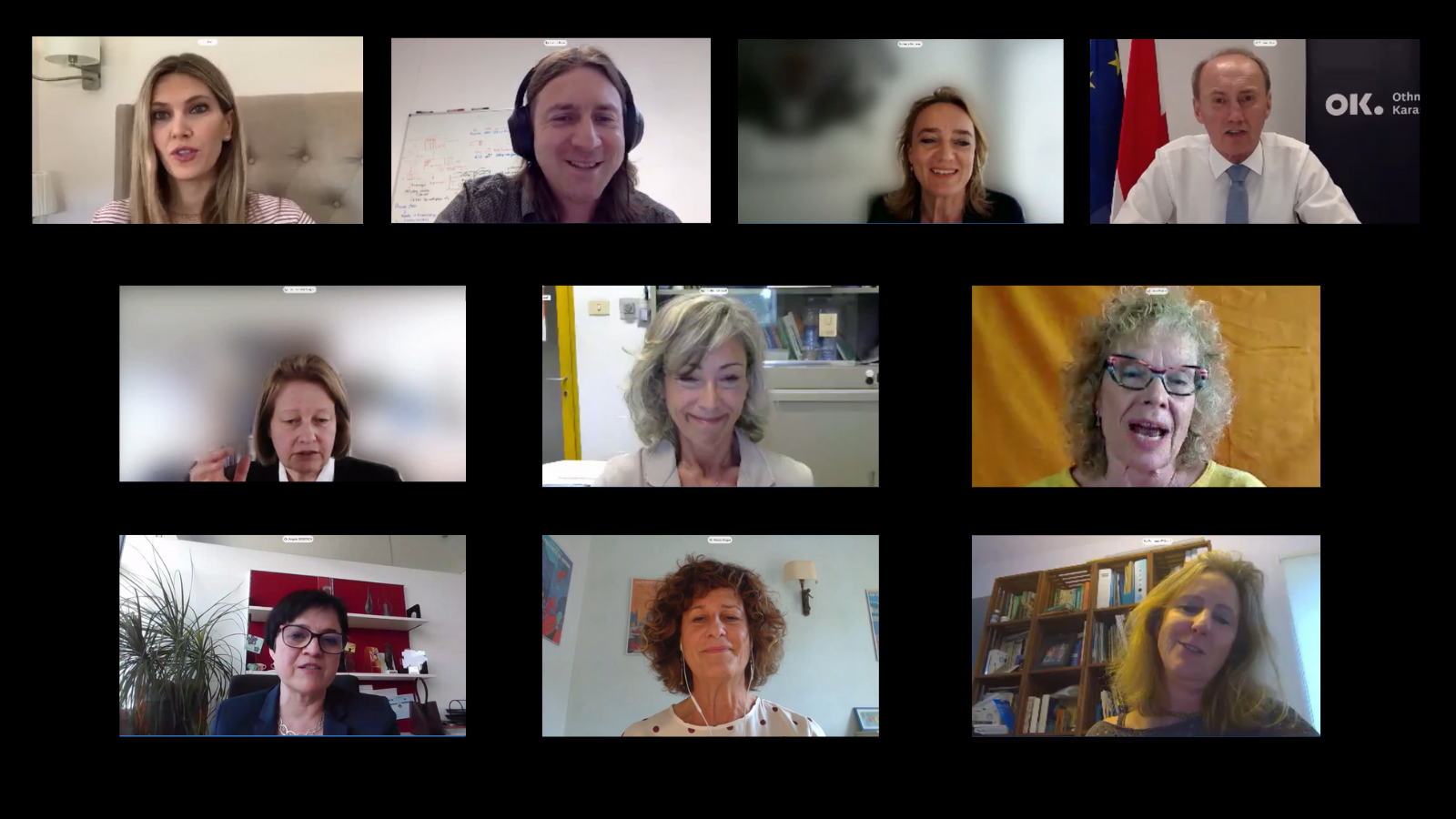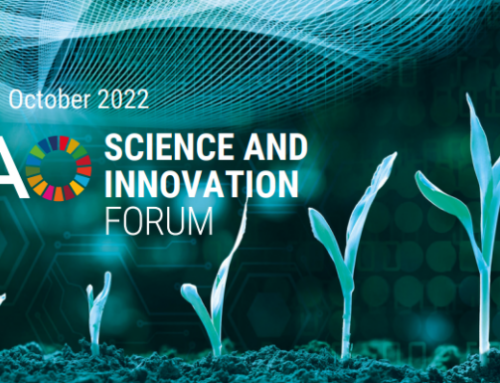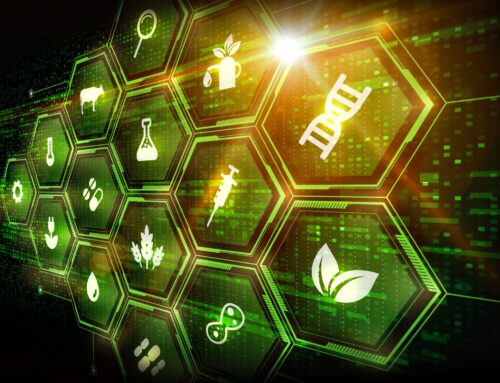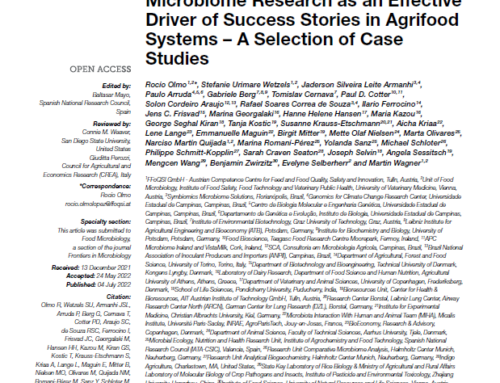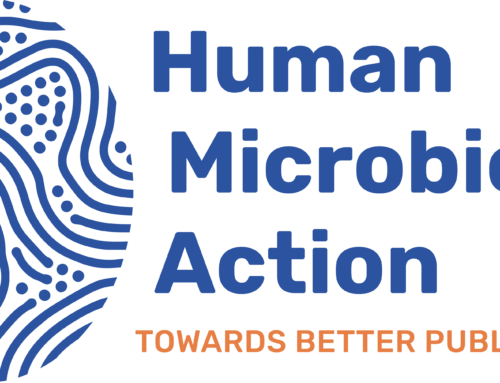Microbiomes – Small little things that run the Earth!
11th of May 2021 – an important day for MicrobiomeSupport and many microbiome enthusiasts. More than 300 people attended the online event on Health & Economic Benefits of Microbiomes, which aimed at informing on the importance of microbiomes and discussing how they can benefit our society. With promoting the exchange of knowledge across scientific and political communities and the general public being one of MicrobiomeSupport’s main aspirations, it was a special pleasure to welcome numerous participants from diverse backgrounds. The event was hosted by the Panel for the Future of Science and Technology (STOA), which forms an integral part of the European Parliament and provides Parliament’s Committees with independent, impartial and accessible information about developments in science and technology. Among STOA’s current thematic priorities are The Green Deal, Societal & Ethical Challenges and Quality of Life – areas to which the microbiome could make a variety of positive contributions in the near future.
On the agenda were presentations from top-researchers, many of which cooperate within the MicrobiomeSupport project and European policy makers. The workshop was divided into two sessions:
1. Health & Environmental Implications of Microbiomes
Moderated by Nassos Typas (European Molecular Biology Laboratory, Heidelberg, Germany), the 1st session started off with talks from Emmanuelle Maguin (INRAE, France), Elisabetta Caselli (University of Ferrara, Italy) and Lene Lange (LLa-BioEconomy, Denmark). While each of them addressed the role of the microbiome from a different perspective, the core message of the three speakers was a similar one: Microbiomes present an enormous, yet mostly unexploited potential to improve our food production and quality, treat certain non-communicable diseases, assist in mitigating antimicrobial resistance, and support the circular economy. For instance, the use of probiotics (beneficial microbes) for gut-health improving animal feed or in hospital environments could reduce the risk of an antibiotic-resistance pandemic, as was explained by Lene Lange and Elisabetta Caselli. Next to providing concrete examples of applications involving microbiomes, the invited speakers also informed about current limitations and risks. These involve amongst others the need for robust data, large-scale use of harmonized standards, new diagnostic tools and a regulatory framework for microbiome-based innovations, as well as giving priority to microbiome research across all sectors.
2. Economic & Regulatory Aspects of Microbiomes
The introduction to the 2nd part of the workshop was made by moderator Irene Verheijen (European Food Law Association). On the agenda: Angela Sessitsch (AIT Austrian Institute of Technology), Martha Hugas (European Food and Safety Agency) and Kathleen d`Hondt (Flemish Government, Belgium), who talked the audience through strategies for shaping the political, economic and regulatory landscape around microbiomes. The first presentation, held by Angela Sessitsch, highlighted how microbiomes could support the development of a mature bioeconomy and emphasized on the need to integrate microbiome functions into policies. Martha Hugas explained that from EFSA’s perspective, legal requirement under the EU food law should specify to account for microbiomes in risk assessment, as this is not the case at the moment. Along Kathleen d’Hondt, who talked about the complexity of developing a well-tailored regulatory framework, she agreed that an evidential base, standardization of terms and protocols are needed in order for the benefits of microbiome research and innovation to reach society.
Towards the end of the workshop, there was a lively exchange between participants and speakers. Each speaker had the opportunity to respond to questions from the audience. It was notable that the audience not only showed a high interest in microbiomes but was also very well informed about the topic.
Finally, the event ended with the concluding remarks:
“It is impressive to see how microbiomes dominate all life on this planet. Policy and research in this area can directly contribute to the European Green Deal, it has a lot of benefits and possibilities.”







